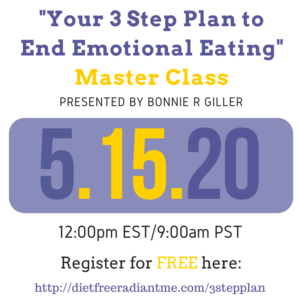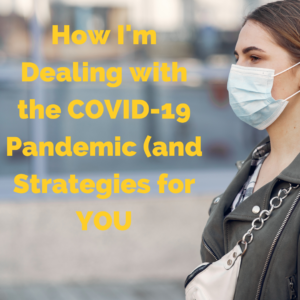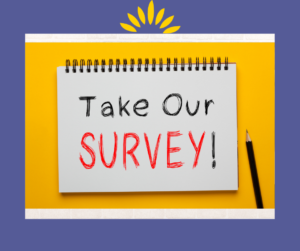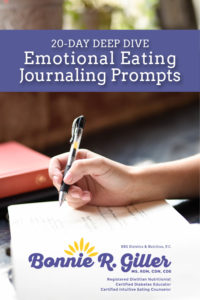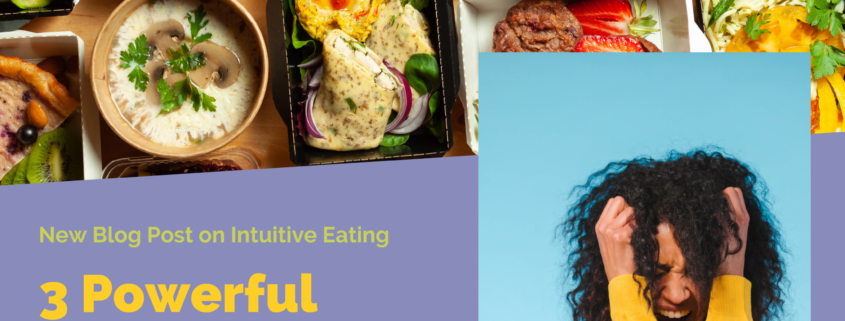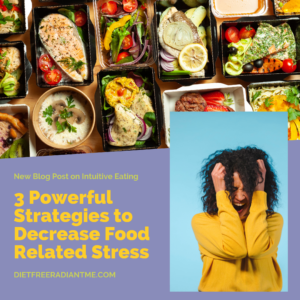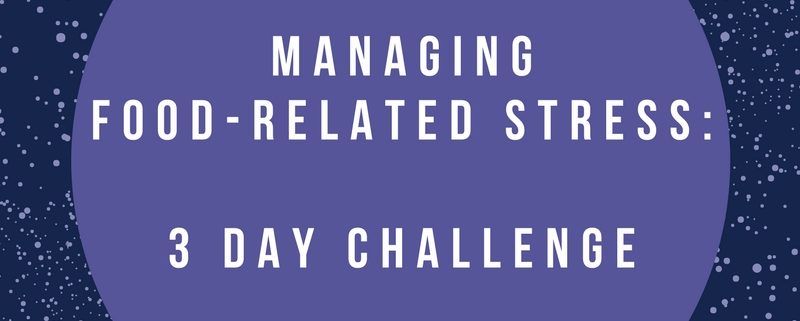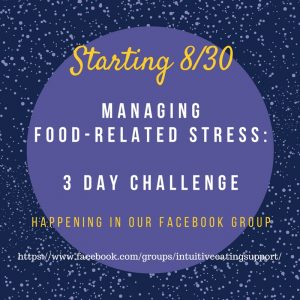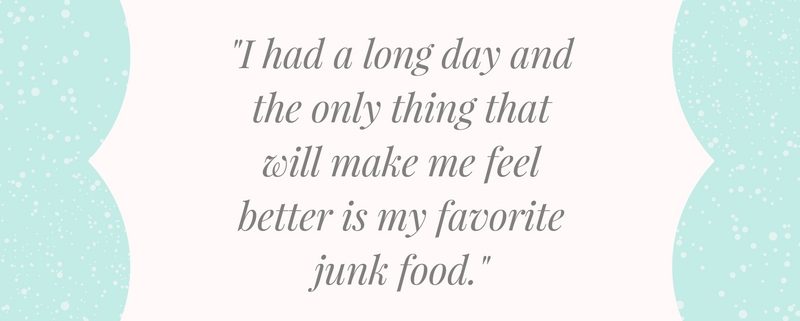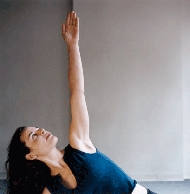5 Morning Routine Tips to Support Your Intuitive Eating Practice
 Mornings are generally a hectic time for pretty much everyone. Starting the morning off on the right foot can be tough, especially when you must get your kids ready for school, get everyone’s lunches ready, and still make it to work on time. Sometimes there just doesn’t seem to be enough hours in the day to get everything you need to get done.
Mornings are generally a hectic time for pretty much everyone. Starting the morning off on the right foot can be tough, especially when you must get your kids ready for school, get everyone’s lunches ready, and still make it to work on time. Sometimes there just doesn’t seem to be enough hours in the day to get everything you need to get done.
What is especially frustrating is that the morning can set the tone for the whole day. So, if your morning isn’t going as planned, you likely won’t be in the right mindset to conquer the rest of your day with a positive mindset. And, you’ll rush through breakfast, or skip it altogether, and that’ll set you up for haphazard eating the rest of the day.
That is why starting the morning off in a positive way is so important to continuing your Intuitive Eating practice.
The Importance of a Morning Routine
Incorporating a routine to your mornings isn’t about waking up and “getting things done” early! It’s about beginning your day with peace, confidence, and a positive attitude.
Nourishing your body on all levels from the moment you open your eyes in the morning is key to a healthy mind, body, and soul. It may take some time for you to change your morning routine, so focus on slow changes over time, at your level of comfort. Set the rest of your day up for success by keeping your mornings calm and focused.
Here are 5 ways that I like to start my mornings which sets a positive tone for the rest of my day and allows me to support my Intuitive Eating practice
1. Practice Being Still
When you first wake up, take some time to meditate, even if it’s for just 3-5 minutes. You can do it while lying in bed or sitting up. This will allow you to connect with yourself on a deeper level as you start your day. When your mind is still and calm, set your intention about how your day will be. For example, “Today will be an incredible day. I feel positive and alive”.
2. Get Your Body Moving
You may not have a lot of time in the morning to exercise, and that’s okay. I have found that on mornings when I engage in movement, my days flows more smoothly, and I have more energy. Commit to moving your body in the morning in whatever way feels good for you. It can be as little as 5 minutes or as long as 30 or more minutes, whatever it takes to get your blood flowing and heart pumping.
3. Choose Comfort
When choosing what clothes to wear for the day, consider comfort. Respect your body at whatever size it is now and wear clothes, including undergarments, that fit you well and comfortably. Don’t force your body into uncomfortable garments that you’ll be fixing on throughout the day.
4. Fuel Up with Breakfast
It’s so easy to dash out the door without breakfast, or to grab and go. It’s best if you can plan some time into your morning routine to sit down at the table and enjoy a balanced breakfast of foods you enjoy. By sitting to eat, without any distractions, you will be able to savor each bite and get the utmost pleasure from your meal.
If you skip breakfast, chances are you will be over hungry by lunch and you will decrease your chances of choosing foods that honor your health. In addition, when you begin eating in an over hungry state, you will most likely end the meal at uncomfortable fullness.
5. Practice Gratitude
Finally, before dashing out the door, take a moment to breath and write down (or say quietly to yourself) three things you are grateful for. I find that this centers me and puts everything into perspective, even before I turn my computer on to see what the day will bring.
While this morning routine takes some time and may just mean that you can’t hit the snooze button (okay, maybe once!), you will reap the benefits as you continue to practice Intuitive Eating and mindful living. It’s worth it!




